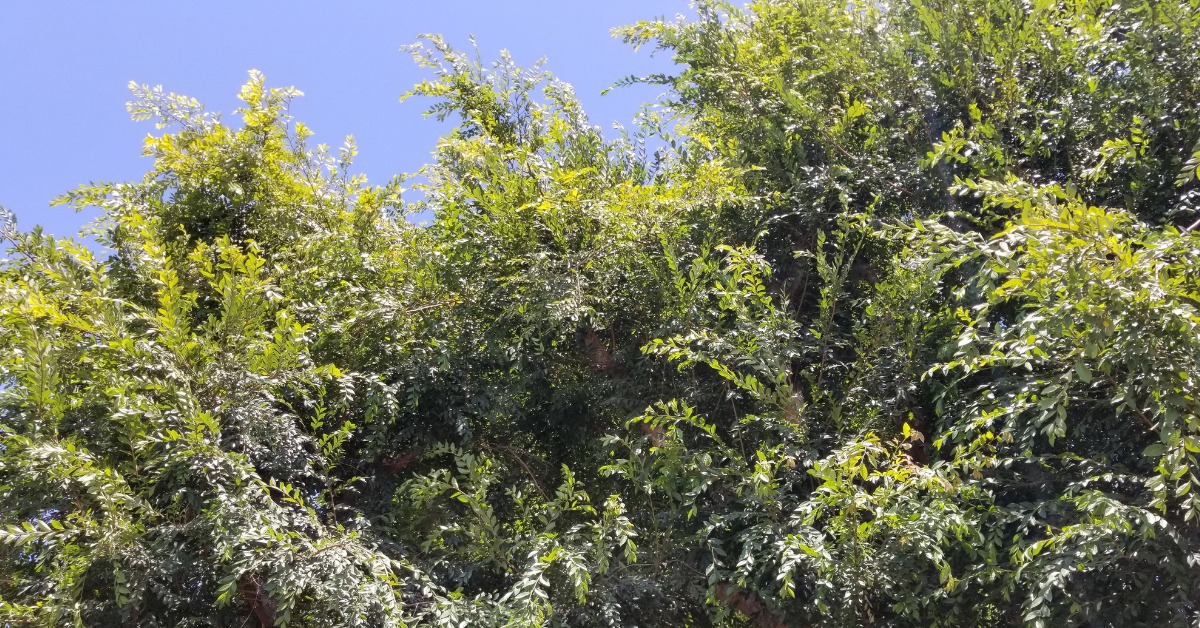Fall allergy season in Atlanta and the Southeast has historically been characterized by weed pollen, particularly ragweed. But in a study conducted using data from the Atlanta Allergy & Asthma Pollen Counting Station, an interesting trend was uncovered.
According to the study that was previously published in Annals of Allergy, Asthma and Immunology and co-authored by Stanley Fineman, MD, and Marissa R. Shams, MD, assistant professor of allergy/immunology at Emory University School of Medicine, there were unusually high levels of Chinese elm tree pollen during the fall season, particularly in August and September.
“Our findings show that it is important to get an accurate diagnosis to find out the true allergy triggers for a patients’ symptoms,” says Stanley Fineman, MD, of Atlanta Allergy & Asthma, a co-author on the study. Fineman says this information is important for patients because “although they may have thought that their Fall allergy symptoms are due to ragweed, they may, in fact, be caused by tree pollen.”
Tree pollens are usually prevalent during the spring pollen seasons in the Southeast and are often in the high to extremely high ranges. Beginning as early as February and continuing through April, tree pollen is what is responsible for much of the springtime misery experienced by those allergic to the different varieties of trees that bloom during the spring.
The presence of Chinese elm pollen in the fall is most likely due to the increased use of this tree in landscaping throughout the Southeast. Chinese Elm trees are a favorite of landscapers for their shade, low maintenance, and beauty. They are also resistant to Dutch Elm disease and thrive in the southern climate.
"Our study reveals that Chinese elm is now an important autumn aeroallergen and should be considered in patients having predominant late summer-fall symptoms," says lead author.
If you suffer from seasonal allergies this time of year, schedule an appointment with one of our board-certified allergists and find relief from your annoying symptoms.

